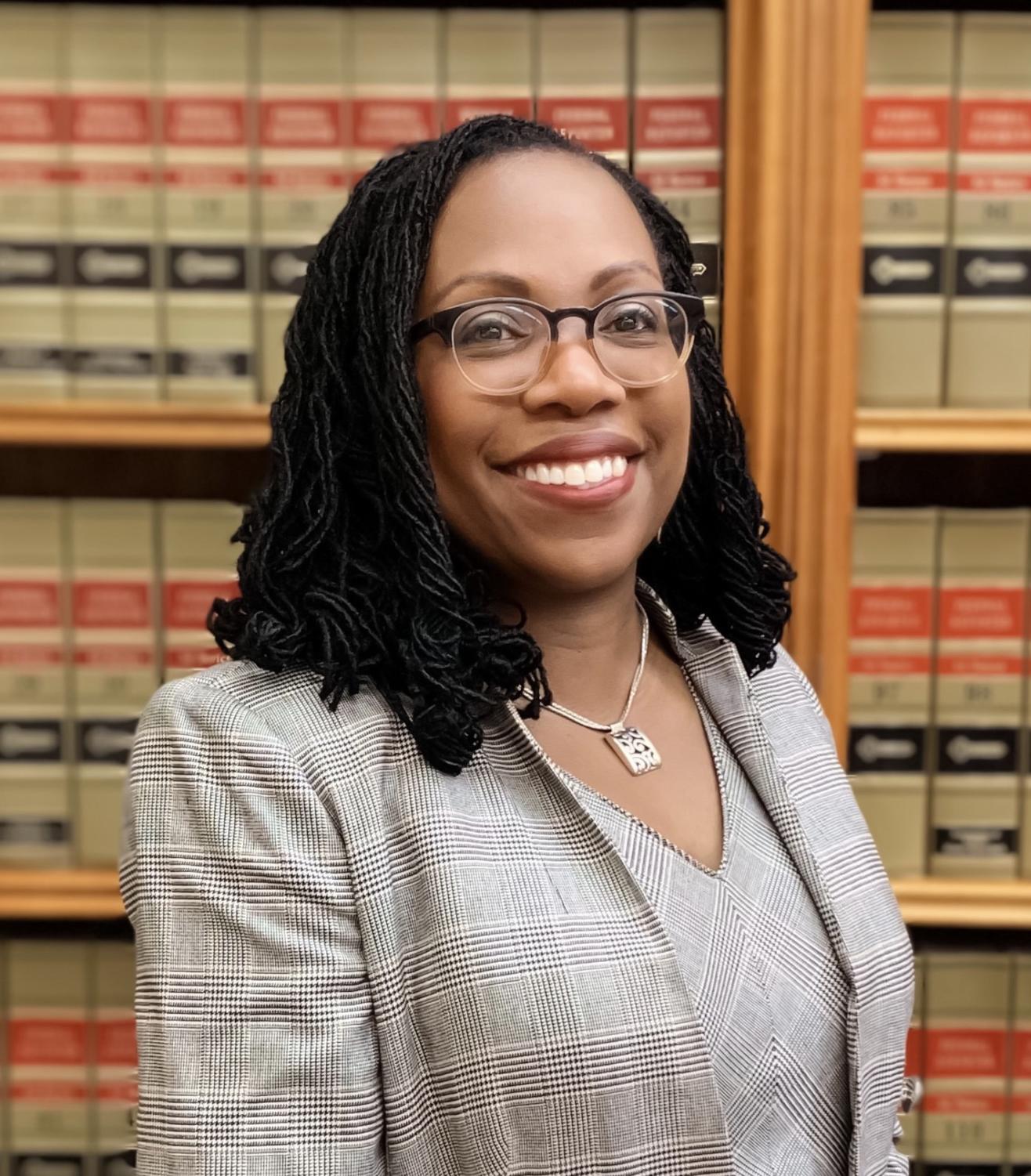Ketanji Brown Jackson, the first Black female Justice, was confirmed to the Supreme Court on April 7.
For her supporters, this was a long time coming. After Amy Coney Barrett’s confirmation, Democrats held a fierce campaign pressuring liberal Justice Stephen Breyer to retire so a Democratic president could name a nominee. On Feb. 15, Joe Biden nominated Judge Jackson.
But in order for Judge Jackson to don her black robe, she needed to go through an intensive hearing process. It involved questions such as whether babies were racist (asked by Sen. Ted Cruz), and whether she could provide a definition for the word “woman” (asked by Sen. Marsha Blackburn.)
Senator Josh Hawley among others pursued the claim that she gave lenient sentences to pedophiles. However, her sentences were the norm of 70 percent of convictions in similar cases.
Judge Jackson’s qualifications for the role were under fire too. Fox News host Tucker Carlson demanded her LSAT score be revealed. The Heritage Foundation claimed she was the “most radical judge ever nominated” and she’s “consistently ignored the Constitution.”
Meanwhile, the American Bar Association said Judge Jackson is “outstanding, excellent, superior, superb.” Legal experts state she has “exceptional” competence. Indeed, Judge Jackson, who is a graduate of Harvard Law School, sat on the District of Columbia Circuit Court.
She has been a public defender for many years and served as a clerk for three federal judges. She was also Vice Chair of the United States Sentencing Commission.
To become Justice, she needed to be confirmed by the Senate, of which Democrats hold a very slim majority. However, all 50 Democrat Senators voted to confirm her while 47 Republicans did not.
Several swing voters made her confirmation bi-partisan such as Republican senators Lisa Murkowski, Susan Collins, and Mitt Romney. But even if all Republicans voted against her, as long as all Democrats voted for her then the 50-50 tie could’ve been broken by Vice President Kamala Harris.
”
AP US History teacher Cory Nelson said, “Being an advocate for people of color and women, I love to celebrate glass ceiling shattering events.”
Her confirmation as a liberal justice still maintains the 6-3 conserative majority. It also means she’s the third Black and sixth female justice, but the very first Black woman to serve on the Supreme Court in its 232 plus year history.
Regardless of what anyone feels about it–student, politician, or anyone in between–no one can deny that this is one for the history books.








